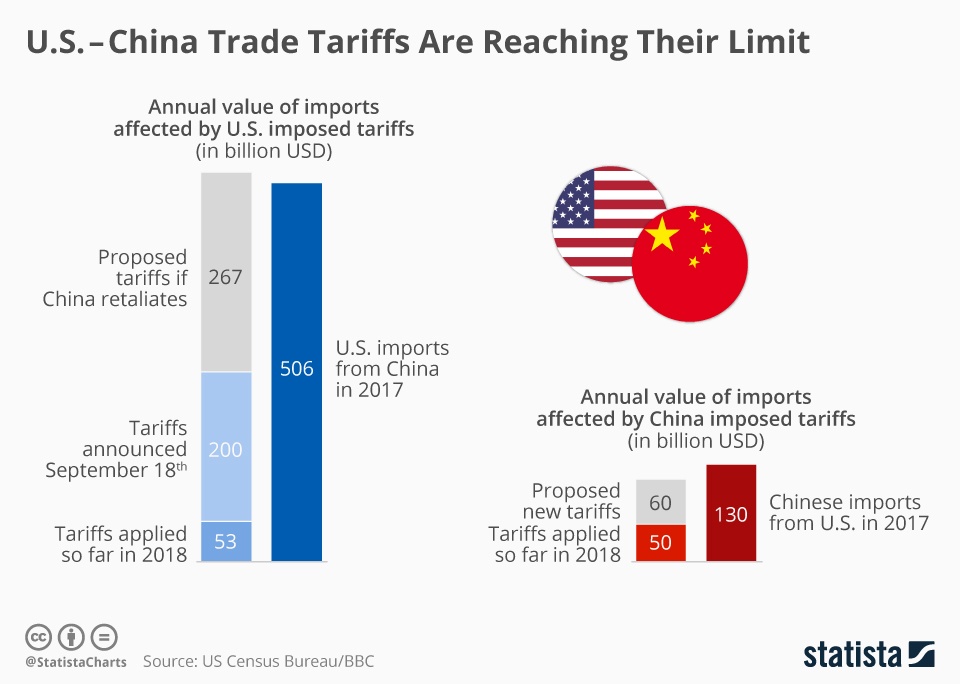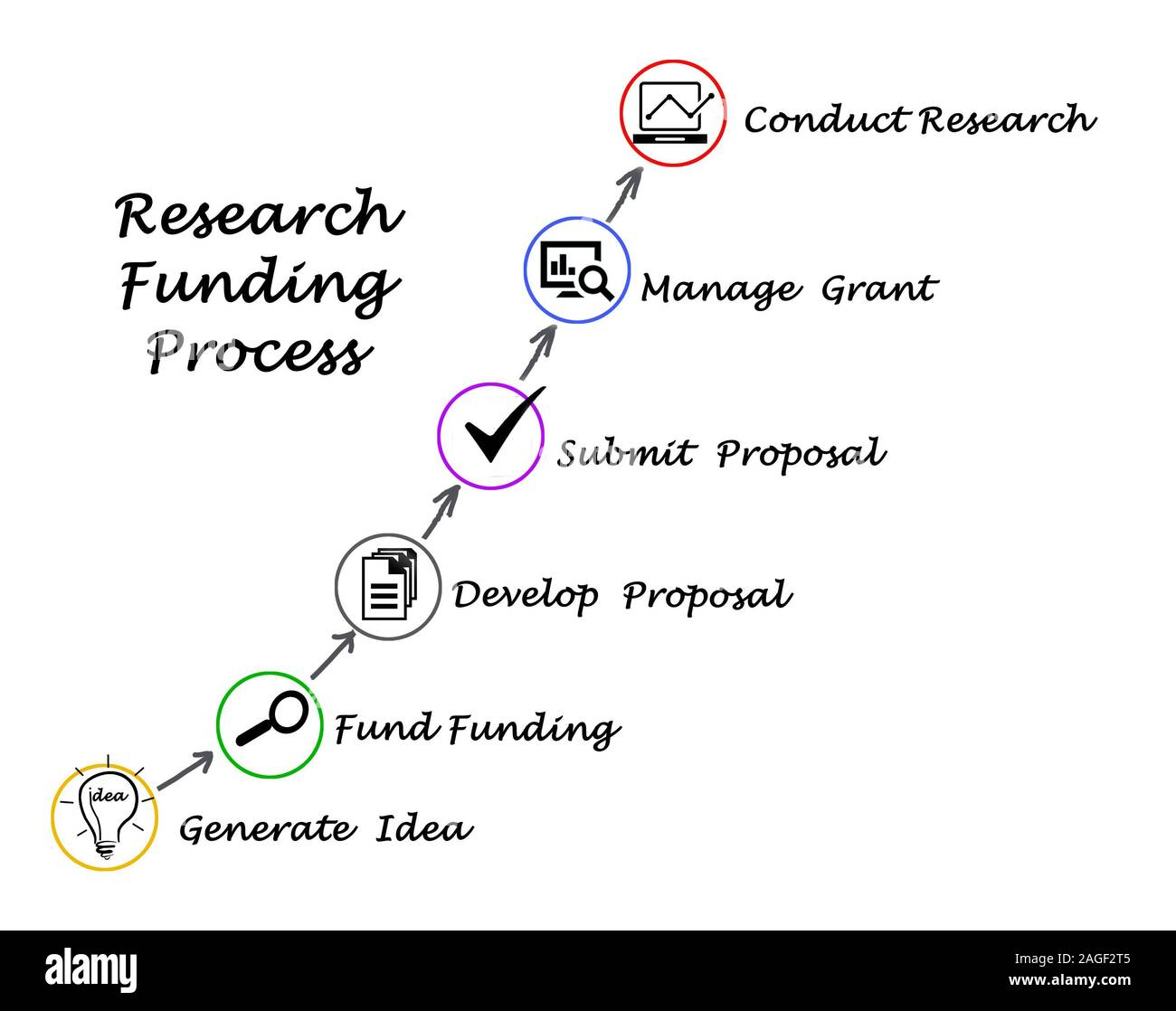Stefanie Stantcheva, a distinguished Harvard economist, has made remarkable strides in the field of economics, earning her the prestigious John Bates Clark Medal in 2025. This accolade is awarded to exceptional economists under 40 who have made substantial contributions to their discipline. Stantcheva’s pioneering work focuses on tax policy insights and public finance analysis, providing essential perspectives on how taxation influences economic innovation and behavior. Her research reveals crucial dynamics in the relationship between tax systems and innovation, emphasizing the potential for well-designed policies to foster economic growth. As the Nathaniel Ropes Professor of Political Economy at Harvard, Stantcheva continues to shape contemporary economic discourse with her groundbreaking findings.
In the realm of economic research, the notable contributions of Stefanie Stantcheva have garnered significant attention, particularly after being awarded the esteemed John Bates Clark Medal. This honor illuminates her influence as a leading figure among economists under 40, renowned for her exploration of tax systems and their implications for innovative practices. With her deep expertise in public finance and economic behaviors, Stantcheva’s insights shed light on vital relationships that shape our understanding of economic development. Her work not only tackles pressing issues like taxation and its effects on innovation but also expands the dialogue on sustainability and socio-economic mobility. As she continues to investigate new avenues within her Social Economics Lab, the economic community eagerly anticipates her future findings.
Understanding the John Bates Clark Medal and Its Significance
The John Bates Clark Medal is one of the most prestigious awards in the field of economics, recognizing the outstanding contributions of economists under the age of 40. Awarded annually by the American Economic Association, this medal honors individuals who have made significant advancements in economic research and theory. Recipients of this esteemed award are often celebrated for their pioneering work, which influences public finance, tax policy, and economic innovation. The award not only highlights their achievements but also emphasizes the vital role that young economists play in shaping modern economic thought.
In 2025, Harvard economist Stefanie Stantcheva was honored with the John Bates Clark Medal, marking a significant milestone in her career and the academic community. This recognition reflects her deep understanding of complex economic issues, particularly in the areas of taxation and its implications for innovation and economic behavior. As the Nathaniel Ropes Professor of Political Economy, Stantcheva’s work has provided new insights into how tax policies can either spur or hinder economic growth, underscoring the relevance of her research in today’s economic landscape.
Stefanie Stantcheva’s Contributions to Tax Policy Insights
Stefanie Stantcheva’s research has fundamentally reshaped our understanding of tax policy and its broader economic implications. Through her work, she has revealed how changes in taxation can significantly impact innovation rates within an economy. This concept of tax elasticity is crucial for policymakers who seek to stimulate economic growth through strategic tax reforms. Stantcheva’s assertion that well-designed tax systems can enhance innovation presents a compelling argument for revisiting existing policies, especially in times of economic uncertainty.
Her acclaimed paper, “Taxation and Innovation in the 20th Century,” co-authored with fellow economists, provides empirical evidence demonstrating that while higher taxes may dampen the quantity of innovation, they do not necessarily compromise the quality of inventions developed. This nuanced finding challenges conventional views on taxation and encourages a re-evaluation of how tax codes are constructed. Stantcheva’s insights thus serve as a valuable resource for both economists and policymakers looking to navigate the complicated interplay between taxation and economic vitality.
Stefanie Stantcheva’s work exemplifies the role of economists in addressing real-world challenges. Her ongoing research at the Social Economics Lab further extends these discussions, delving into not only economic behavior but also the emotional and social factors that influence perceptions of economic policy. By understanding how social dynamics interact with economic theories, Stantcheva is pioneering a more holistic approach to public finance analysis that considers the multi-faceted dimensions of human behavior.
Economic Innovation: The Role of Tax Policy
Economic innovation is often touted as the engine of growth in modern economies. Central to promoting innovation is a sound tax policy that fosters an environment where entrepreneurs and businesses feel empowered to invest in new ideas and technologies. Stefanie Stantcheva’s research illustrates that tax structures not only influence investment decisions but also determine the areas where innovation can thrive. By examining the relationship between taxation and innovation, her work sheds light on how policy can effectively nurture creativity and technological advancement.
Moreover, the insights derived from her studies suggest that tax policy should be carefully crafted to balance revenue generation with the goal of promoting innovation. For instance, tax incentives for research and development (R&D) are critical in encouraging companies to pursue groundbreaking innovations. Stantcheva’s analysis urges policymakers to consider the long-term effects of their tax decisions, reinforcing the notion that a supportive tax environment is essential for fostering sustained economic growth and innovation.
The Social Economics Lab: A Hub for Economic Research
Stantcheva’s establishment of the Social Economics Lab in 2018 marks a significant contribution to the field of economics by providing a dedicated space for interdisciplinary research. The lab seeks to explore how various social factors influence economic behavior and decision-making. This aligns with Stantcheva’s broader goal of integrating behavioral economics into traditional economic analysis, potentially leading to more effective public policies. By studying the interplay of emotions and economic attitudes, the lab is positioned at the forefront of contemporary economic discourse.
Research initiatives at the Social Economics Lab tackle pressing issues such as trade, immigration, climate change, and social mobility. These topics are crucial for understanding today’s economic challenges, and Stantcheva’s focus on public finance analysis helps to bridge the gap between economic theory and practical policy applications. By fostering collaboration among economists, researchers, and policymakers, the lab contributes to a deeper understanding of how social dynamics affect economic outcomes and ultimately guides strategies for improvement.
The Impact of Taxation on Economic Behavior
Taxation has a profound effect on economic behavior, shaping how individuals and businesses allocate resources and make investment decisions. Stefanie Stantcheva’s findings emphasize that tax policy is a powerful tool that can either encourage or inhibit economic activity. For instance, entrepreneurs are more likely to take risks and invest in new ventures if they perceive that the tax system supports innovation. By analyzing these behavioral responses, Stantcheva’s work provides essential insights for designing tax policies that foster a dynamic economic environment.
Furthermore, her research suggests that the elasticity of innovation in response to tax changes can vary greatly depending on broader economic conditions. Understanding these dynamics is critical for effective economic forecasting and policy-making. Stantcheva posits that policymakers must remain vigilant and responsive to how tax structures influence economic behavior, reinforcing the idea that well-informed tax policies are fundamental to cultivating an innovative and prosperous economy.
Recognition and Celebration of Academic Achievements
Stefanie Stantcheva’s receipt of the John Bates Clark Medal serves as a celebration of not only her personal achievements but also the collaborative spirit of the economics department at Harvard. Colleagues and mentors have expressed immense pride in her accomplishments, highlighting the supportive academic environment that fosters such excellence. This recognition underscores the importance of nurturing talent within the realm of economics and encourages more young economists to pursue impactful research.
In the field of economics, awards like the John Bates Clark Medal shine a spotlight on the contributions of emerging scholars, reinforcing the need for sustained investment in academic research. Stantcheva’s achievement reflects a collective advancement in economic thought and is an inspiration for future generations of economists. Celebrations of such milestones are crucial for motivating continued exploration and innovation within the discipline.
Future Directions in Economic Research
Looking ahead, Stefanie Stantcheva’s research promises to open new avenues in economic thought, particularly through her exploration of the emotional and psychological dimensions of economic policy. As part of her ongoing work at the Social Economics Lab, she plans to examine how varying mindsets—such as the belief in zero-sum scenarios—impact public perception and acceptance of economic policies. Such investigations are vital for understanding how economic theories translate into real-world outcomes.
Additionally, as global economies face new challenges related to climate change, social equity, and emerging technologies, the implications of tax policy in these areas will be paramount. Stantcheva’s innovative approach positions her as a key figure in pioneering research that will inform future economic policies. By addressing contemporary issues through a comprehensive lens that includes behavioral insights, Stantcheva is not only contributing to academic knowledge but also guiding practical applications that benefit society at large.
Collaboration and Interdisciplinary Research in Economics
The rapid evolution of economic challenges necessitates a collaborative approach to research that transcends traditional boundaries. Stefanie Stantcheva’s leadership at the Social Economics Lab embodies this interdisciplinary spirit, encouraging researchers from various fields to collaborate on economic inquiries. By integrating perspectives from sociology, psychology, and political science, the lab addresses complex economic issues with a more holistic understanding, leading to insights that are both technically rigorous and socially relevant.
Such collaborative efforts are essential for unpacking the intricacies of public finance and taxation, as these topics often intersect with societal issues. Emphasizing the value of diverse expertise, Stantcheva’s work inspires a unified approach to economic research, promoting innovative solutions to widespread problems. As economists face an increasingly interconnected world, the capacity to engage in interdisciplinary dialogue will be crucial for formulating effective and inclusive policies.
Celebrating Economic Thought Leadership
Stefanie Stantcheva’s accolades, including the John Bates Clark Medal, signify a broader recognition of thought leadership in economics. As one of the leading voices among young economists, Stantcheva’s work emphasizes not only technical expertise but also a commitment to understanding the social contexts that underpin economic theories. This holistic perspective contributes to enriching the dialogue within the economic community, as it encourages inquiry beyond traditional frameworks.
The celebration of such achievements promotes a culture of recognition within economics academia, encouraging ongoing commitment to research excellence. As institutions celebrate the contributions of scholars like Stantcheva, they also inspire aspiring economists to pursue innovative research paths. This cycle of recognition and motivation is essential for sustaining the vitality of the field, ensuring that economics continues to evolve and respond to the pressing challenges of our time.
Frequently Asked Questions
What are Stefanie Stantcheva’s contributions to tax policy insights?
Stefanie Stantcheva is renowned for her pioneering research in tax policy insights, particularly her work illustrating how tax systems can significantly influence economic behaviors and innovation. Her analyses show that well-designed tax policies can promote economic growth by encouraging innovation, while poorly structured taxes can deter economic activity.
How did Stefanie Stantcheva earn the John Bates Clark Medal?
Stefanie Stantcheva was awarded the John Bates Clark Medal in 2025 for her significant contributions to the field of economics, particularly her insights into public finance and tax policy. As a Harvard economist, her research has provided crucial understandings of how taxation affects economic innovation and behavior.
What is the significance of the John Bates Clark Medal for economists like Stefanie Stantcheva?
The John Bates Clark Medal is a prestigious award given by the American Economic Association to an economist under 40 who has made exceptional contributions to the field. Stefanie Stantcheva’s receipt of this award highlights her impactful research on tax policy and economic innovation, solidifying her status as a leading figure in economic analysis.
What does Stefanie Stantcheva’s research reveal about taxation and innovation?
In her groundbreaking paper titled ‘Taxation and Innovation in the 20th Century,’ Stefanie Stantcheva and her collaborators found that innovation is highly responsive to changes in tax policy. Their findings suggest that while higher taxes can reduce the volume of innovation, they do not necessarily impede the quality of new inventions.
What topics does Stefanie Stantcheva explore through the Social Economics Lab?
At the Social Economics Lab, which Stefanie Stantcheva founded in 2018, she explores a variety of critical economic issues such as trade, immigration, climate change, and social mobility. Her current research focuses on the interplay between emotions and economic policies, aiming to understand how people’s mindsets influence their economic decisions.
What impact does Stefanie Stantcheva believe tax systems have on economies?
Stefanie Stantcheva emphasizes that tax systems can dramatically shape an economy’s health. She asserts that a well-designed tax framework can foster innovation and economic growth, while a poorly structured system might discourage economic activity, which underscores the importance of thoughtful public finance analysis.
Who mentors or influences Stefanie Stantcheva in her economic research?
Stefanie Stantcheva has received significant mentorship and support from notable colleagues at Harvard, including Lawrence Katz and Elie Tamer. Their collaboration fosters a vibrant academic environment that encourages rigorous analysis of public finance and economic behavior in her role as a Harvard economist.
What is the future direction of Stefanie Stantcheva’s research?
The future direction of Stefanie Stantcheva’s research includes exploring new themes related to economic issues and policies at the Social Economics Lab. She aims to deepen the understanding of how psychological factors and societal mindsets, such as zero-sum thinking, intersect with economic policies and public perceptions.
| Key Point | Details |
|---|---|
| Stantcheva Awarded Clark Medal | For significant contributions to economics, specifically in tax policy and innovation. |
| Pioneering Insights | Focused on the impact of tax policy on economic behavior and innovation. |
| Tax System’s Impact | Properly designed taxation can encourage innovation; poorly designed systems may hinder economic activity. |
| Elasticity of Innovation | Research shows that innovation responds significantly to changes in tax policy, with quantity affected but quality preserved. |
| Social Economics Lab | Founded in 2018 to explore various economic issues, including trade, immigration, and climate change. |
| Future Research Topics | Exploring the interplay between emotions and economic policies, including zero-sum thinking. |
Summary
Stefanie Stantcheva’s recent recognition with the John Bates Clark Medal highlights her groundbreaking contributions to economics, particularly in the realms of tax policy and its influence on innovation. Her research not only elucidates the vital role of taxation in fostering or stifling economic progress but also emphasizes the nuanced responses of innovation to tax changes. As she continues her work at Harvard’s Social Economics Lab, her exploration into how emotional factors interact with economic policies promises to further enrich the field, offering insights that can guide effective economic strategies.



